The second-generation Volkswagen Amarok has been redesigned from the ground up in an engineering programme aimed at giving the popular pick-up truck greater accommodation and load-carrying ability than its 12-year-old predecessor.
Set for UK sale before the end of the year, it has been developed in partnership with Ford and as such shares its chassis, suspension and drivetrains – as well as key elements of its body, interior and electrical architecture – with the new Ford Ranger.
The VW Amarok has now been fully revealed - click the link for all the details.
Both trucks are based on the T6 ladder-frame chassis a box-section steel structure conceived by Ford but modified with input from Volkswagen, according to Lars Krause, marketing boss of Volkswagen Commercial Vehicles (VWCV).
He said: “The new Amarok is a much better pick-up than if Volkswagen had done it alone. The same goes for Ford: without our input, the new Ranger wouldn’t be so good. The partnership has allowed us to pool our individual strengths. Beyond the business side of things, the product has benefited greatly.”
With more than 830,000 Amaroks sold to date, Krause revealed that VWCV is expecting big things from the truck, which was developed in Australia, Germany, the US and South Africa.
The new Amarok will be offered in single and double- cab bodystyles, together with five trim levels including upmarket Pan-Americana and Aventura, which are described as being off-road and on-road in character respectively.
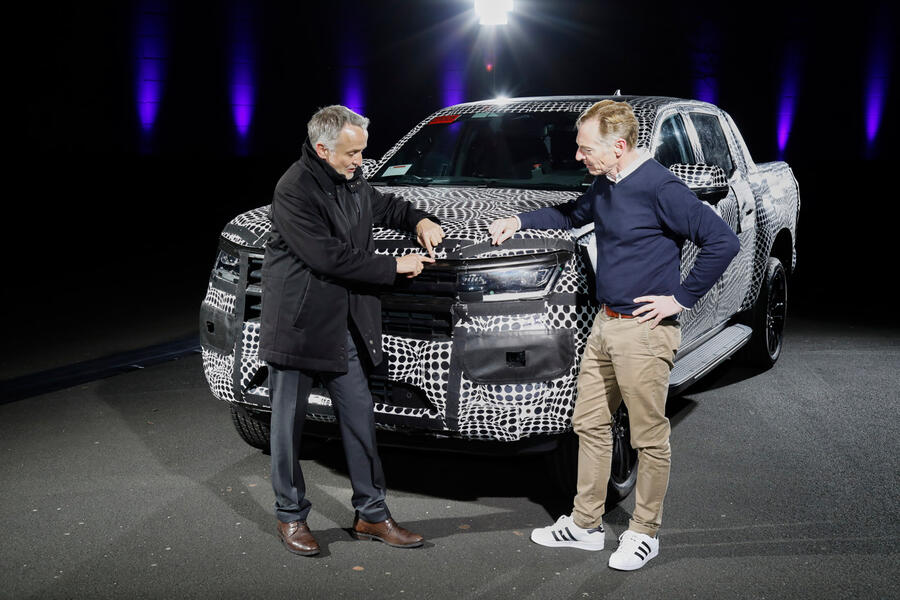
“We’ve significantly modified the design. It’s now much more expressive,” said Albert Kirzinger, head of design at VWCV, revealing that it will offer two different front ends, including the X-Design bumper treatment shown in earlier renderings for more highly specified models.
The Amarok gets its own uniquely styled bonnet, LED headlights (optionally with matrix properties), front wings and outer door skins. Elements shared with the Ranger include the roof, windscreen, side windows, rear window, wing mirrors and door handles, the latter sourced from the Ford F-150.
Along the sides, thereare more pronounced rear wheel arches than previously, while the new-look tailgate has ‘Amarok’ stamped into the metal. As well as growing 100mm between standard rear-wheel drive and two four-wheel drive systems, depending on the engine: one permanent and the other natively rear-driven.

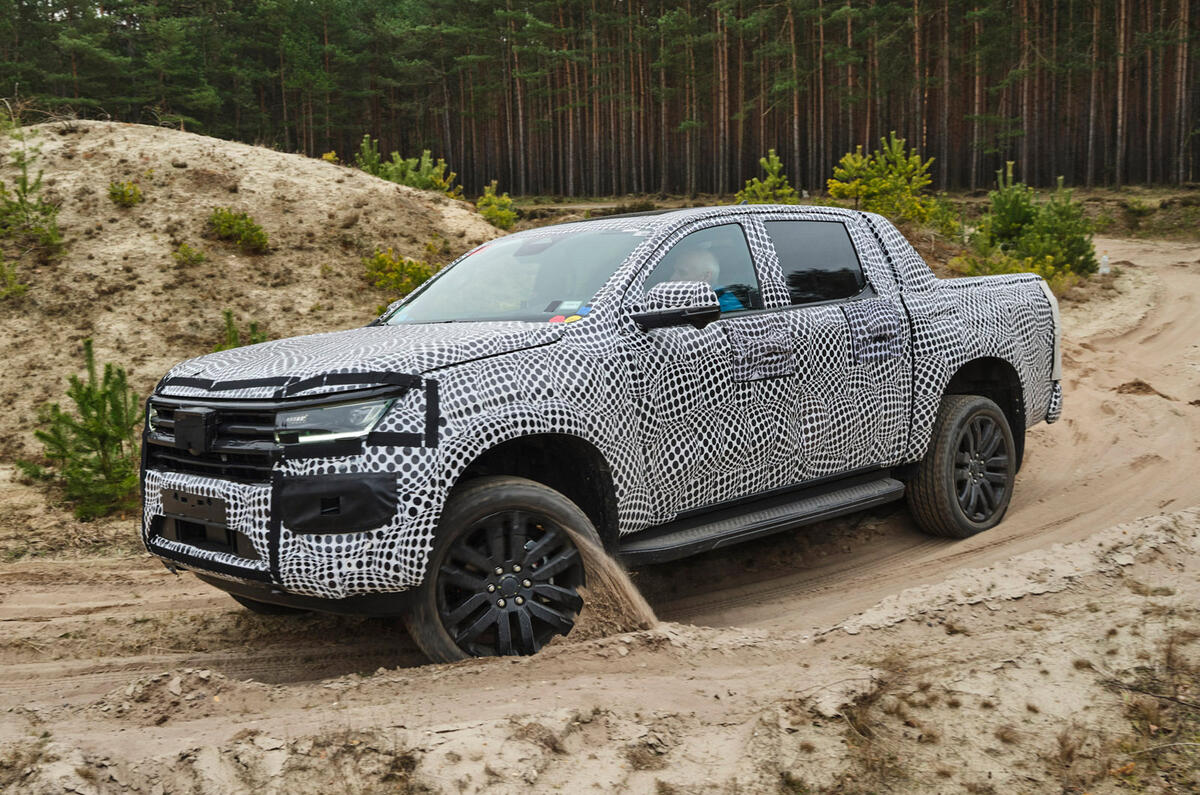
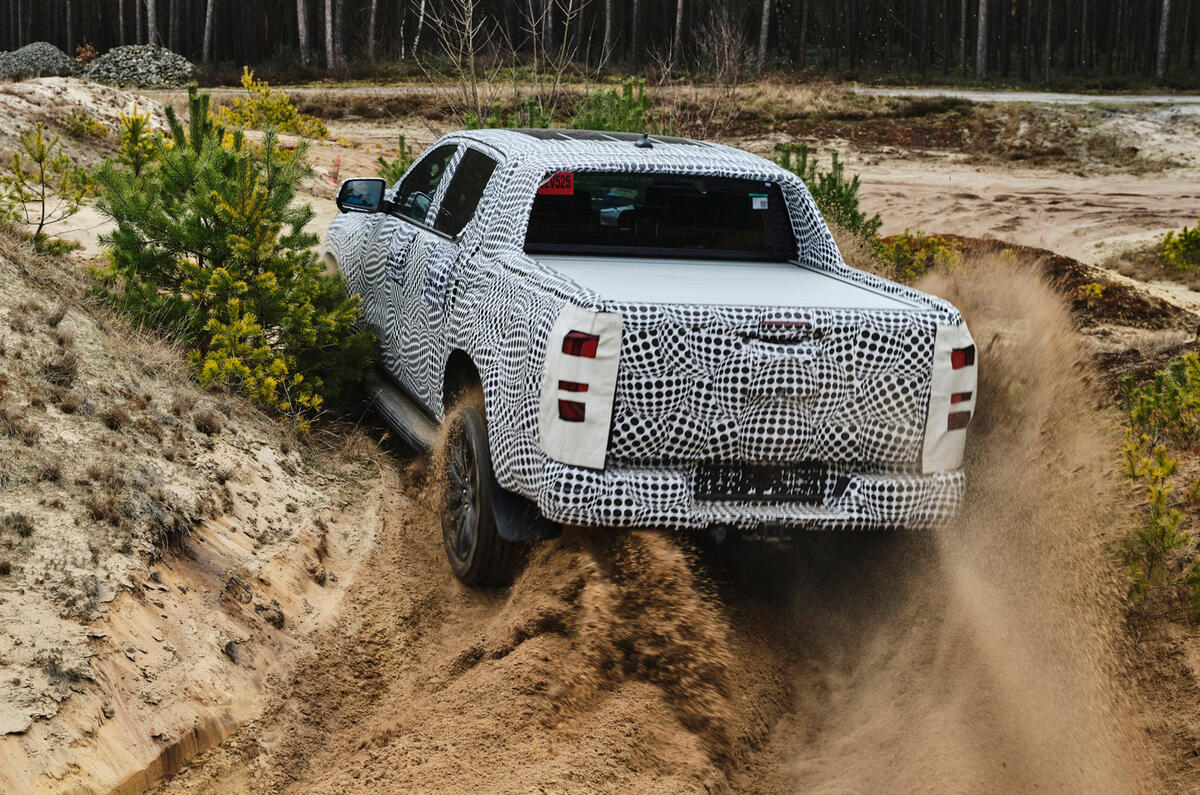
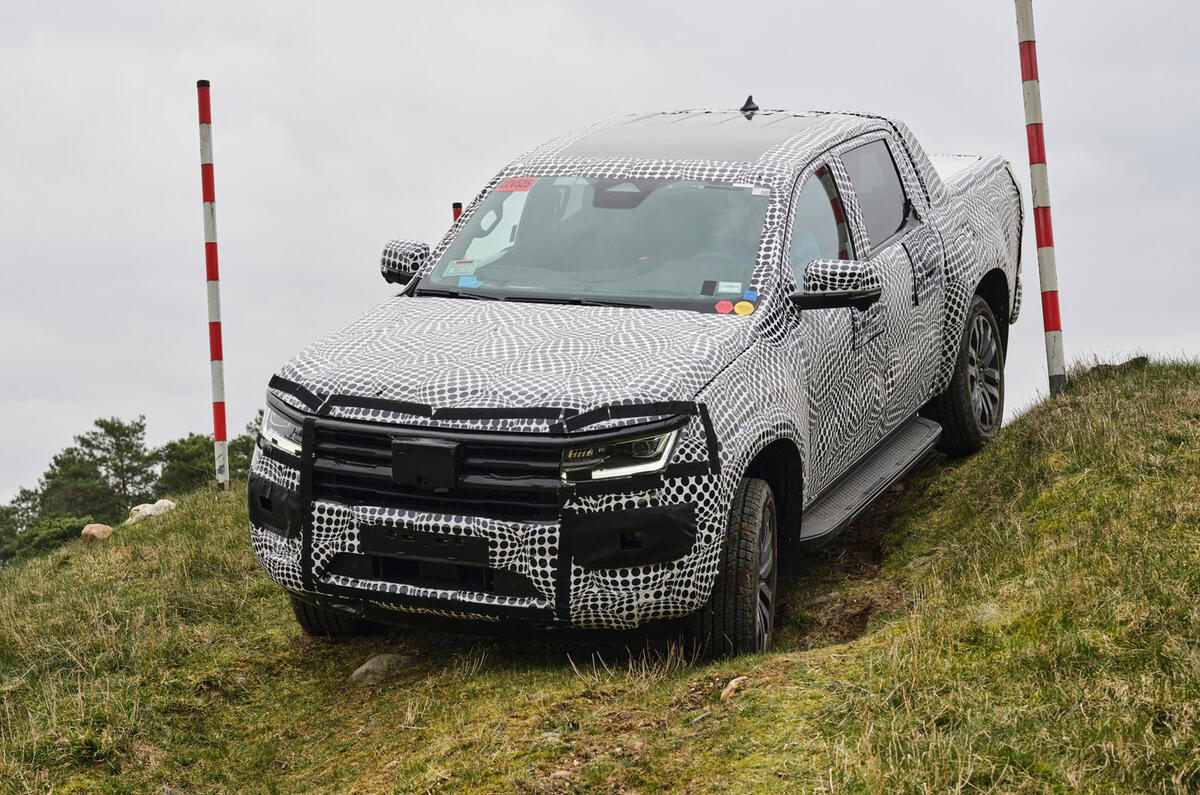
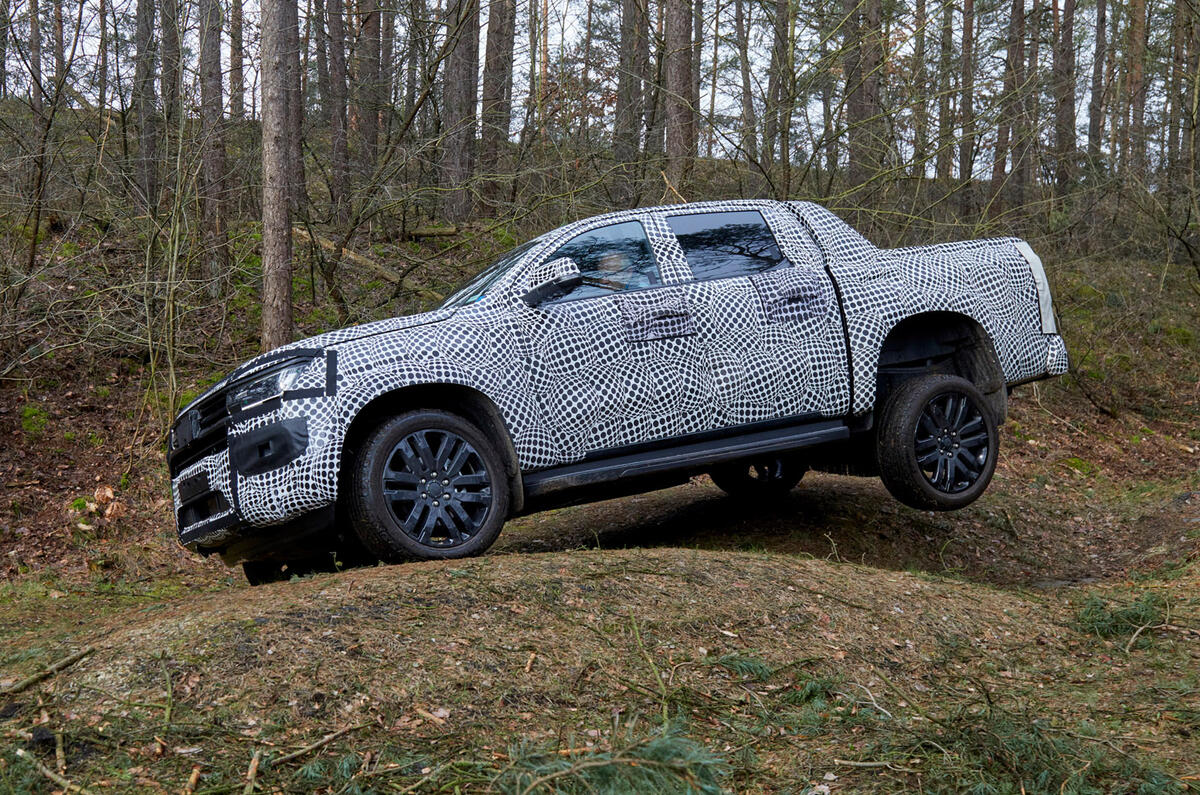
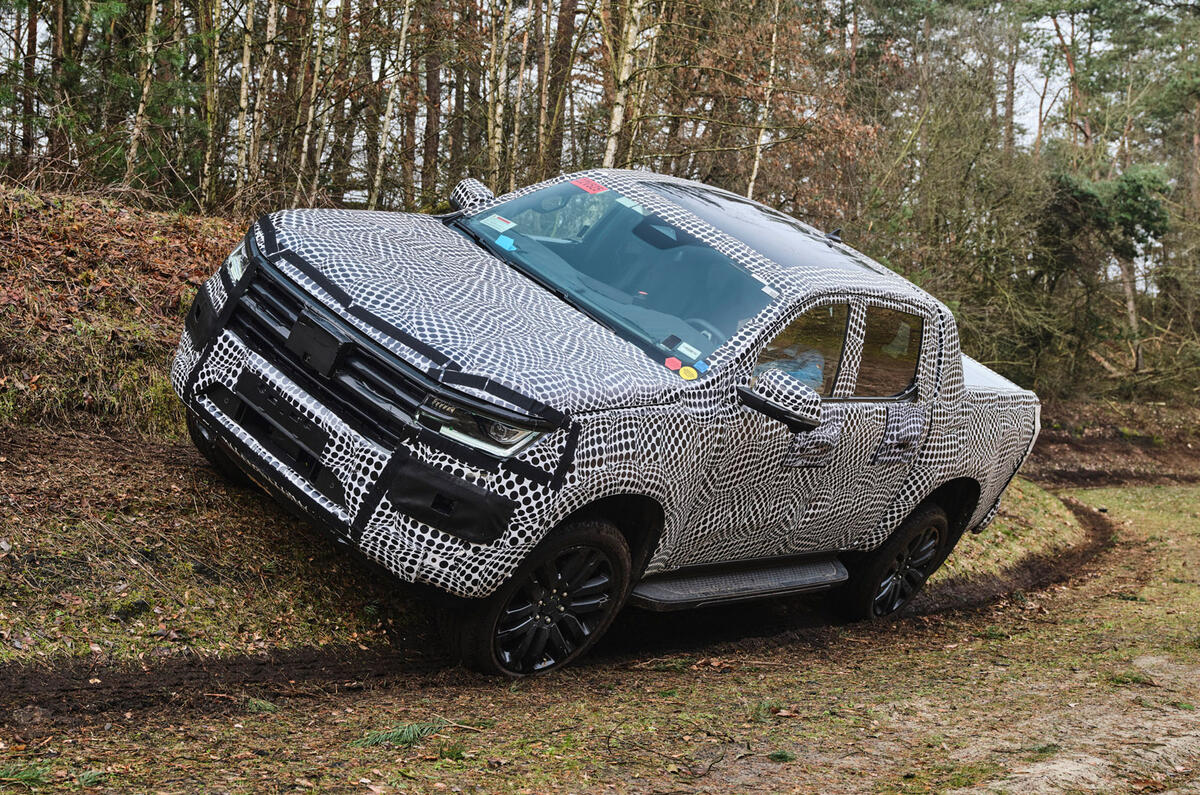
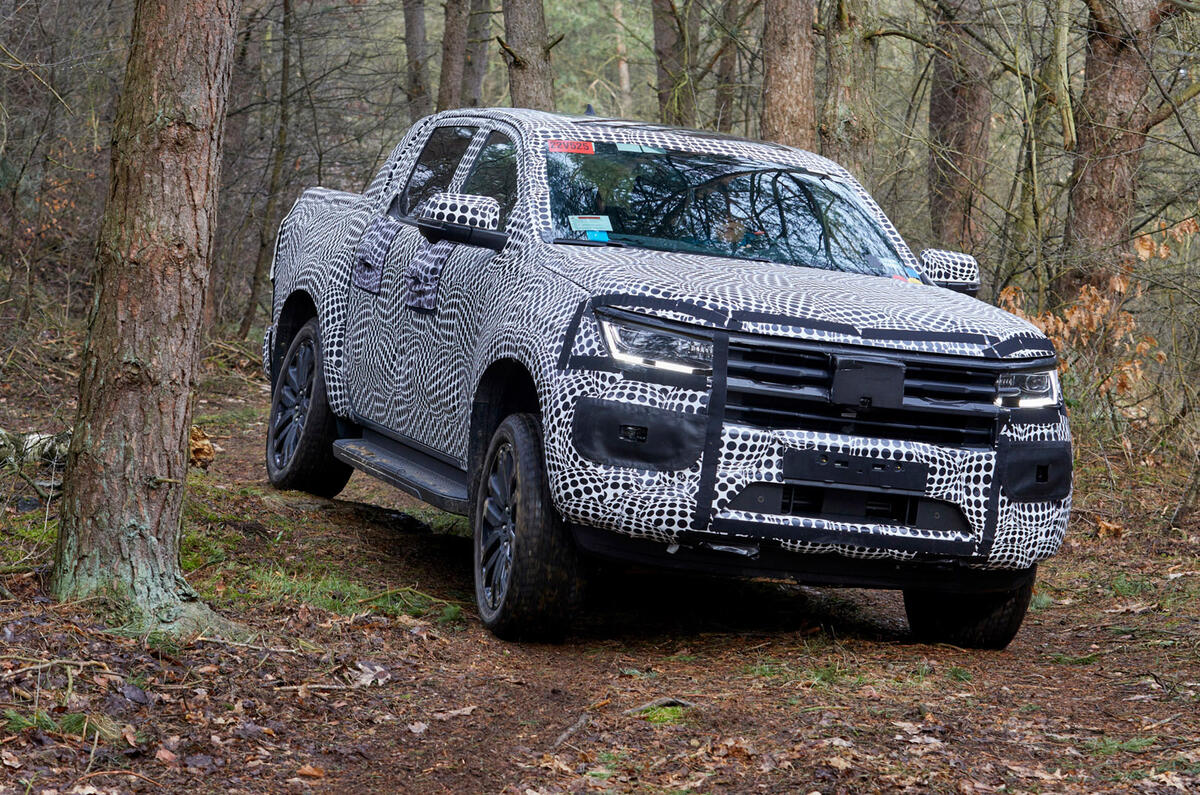
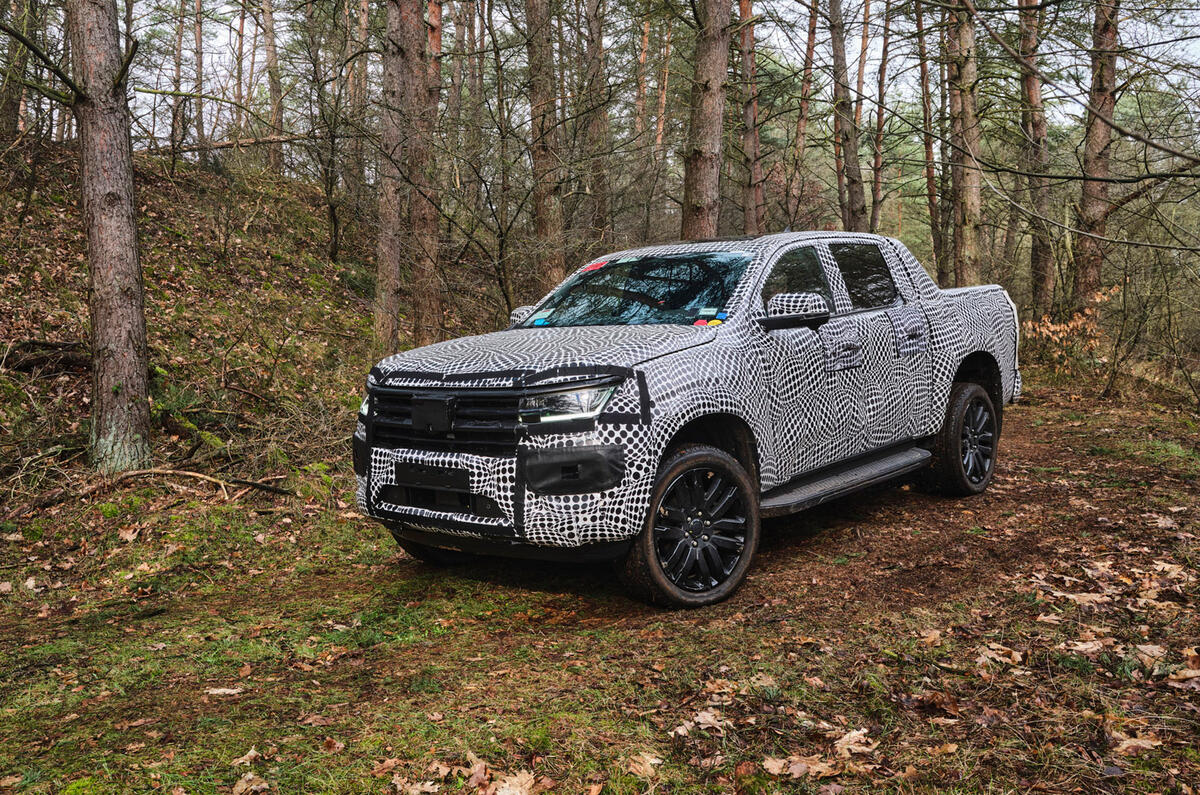
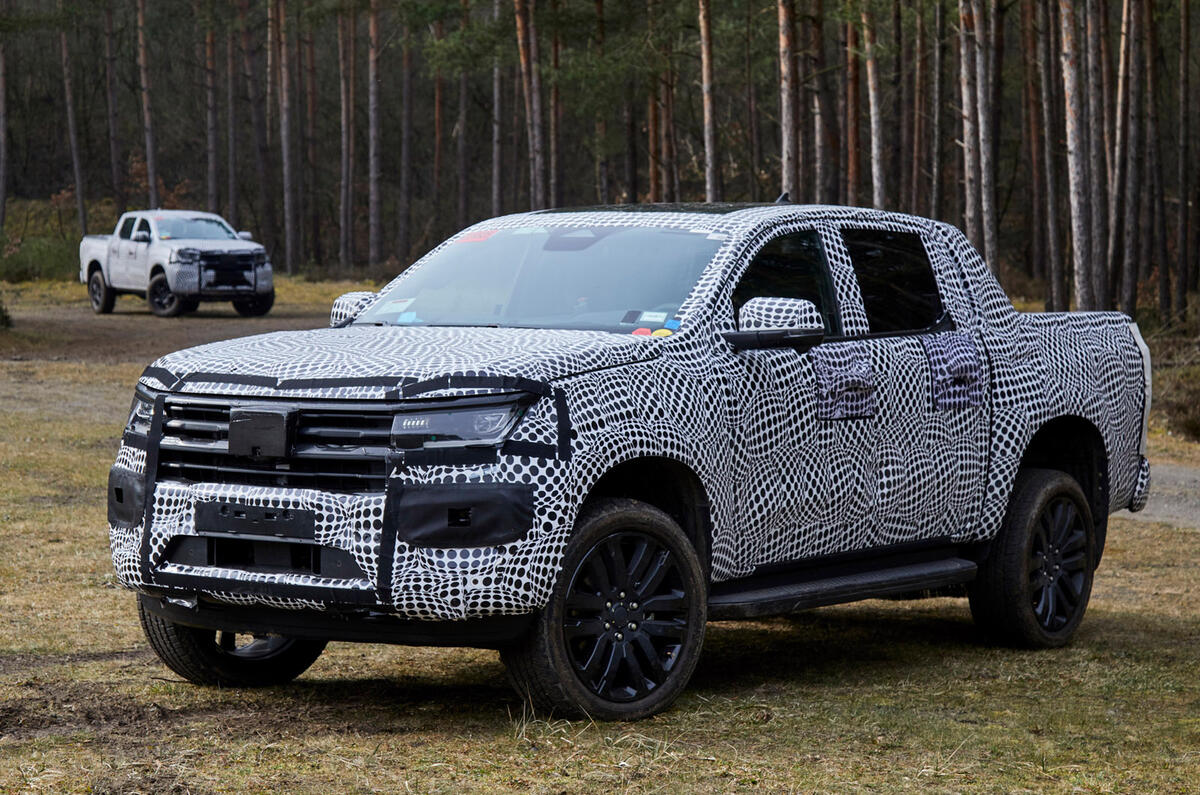
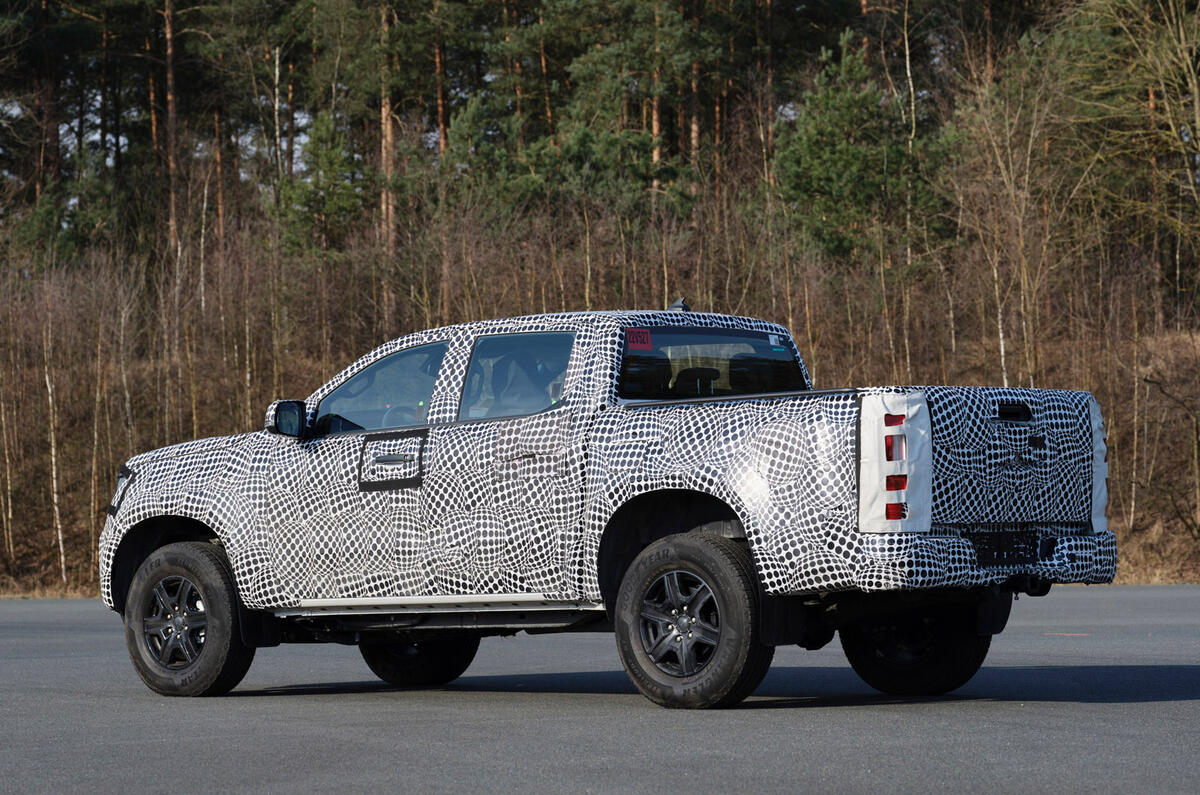
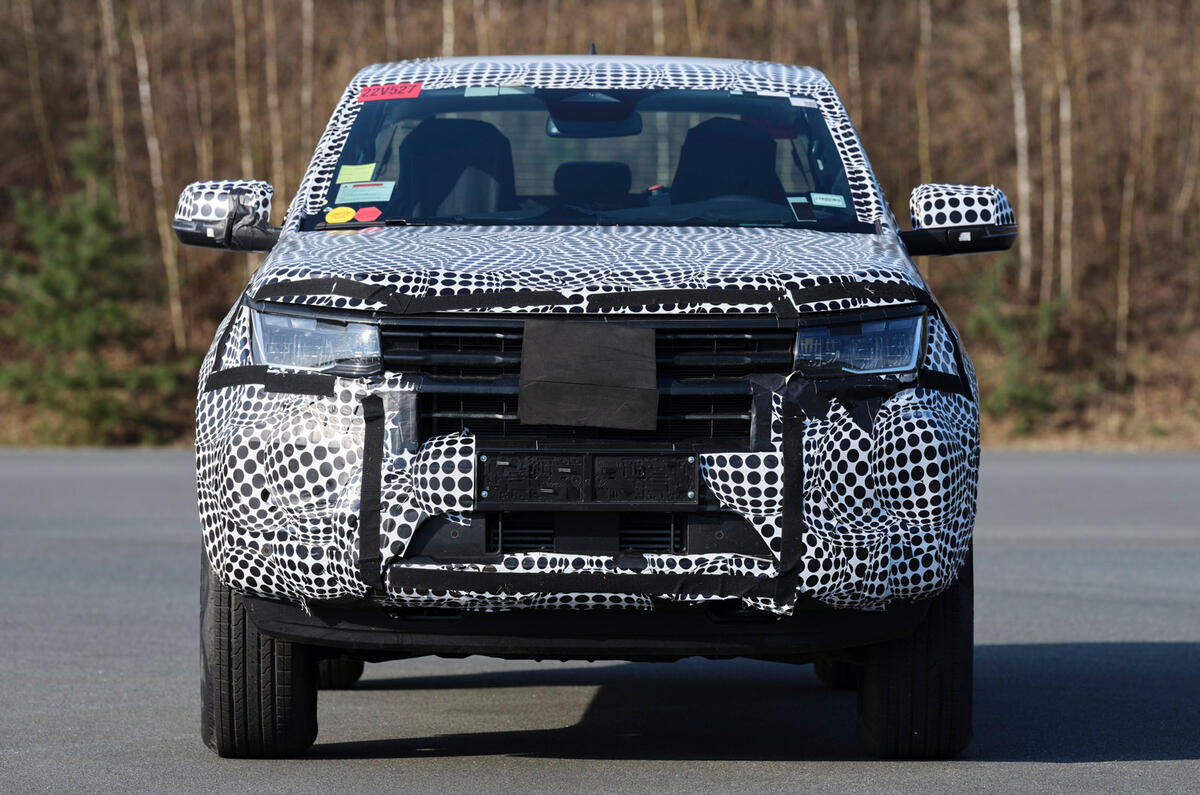
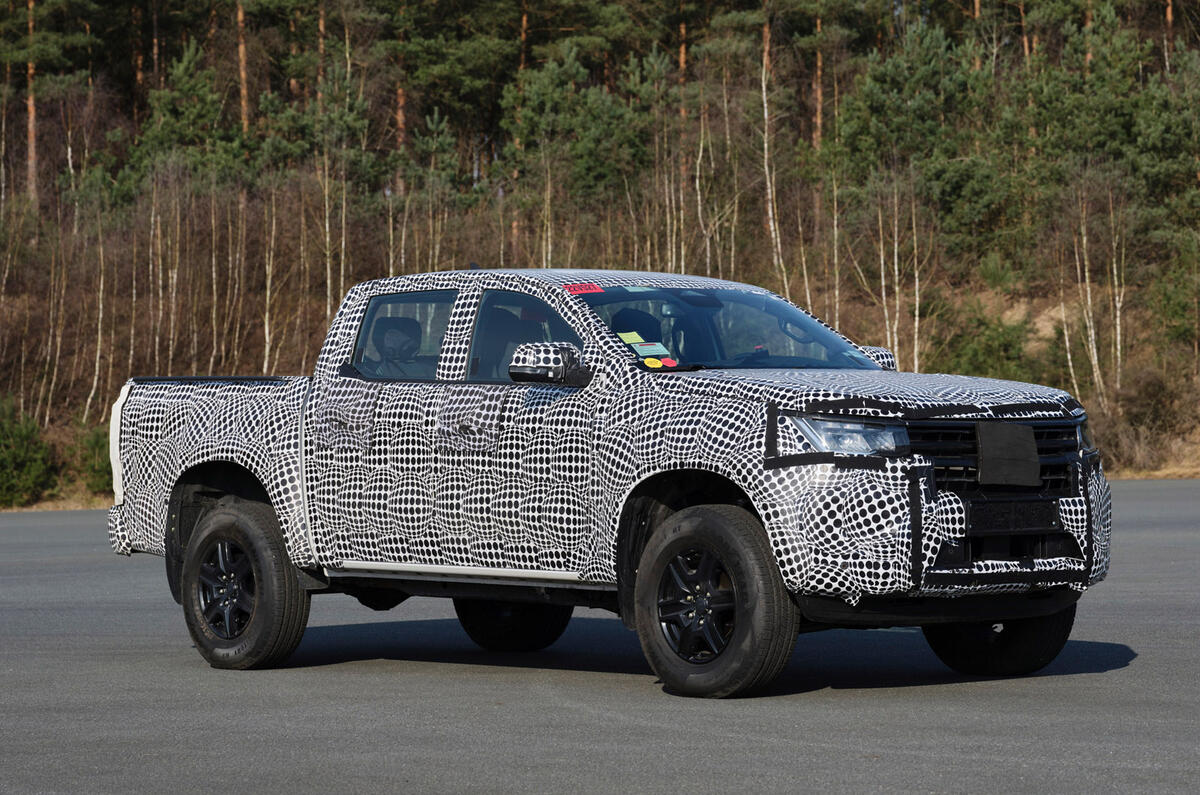
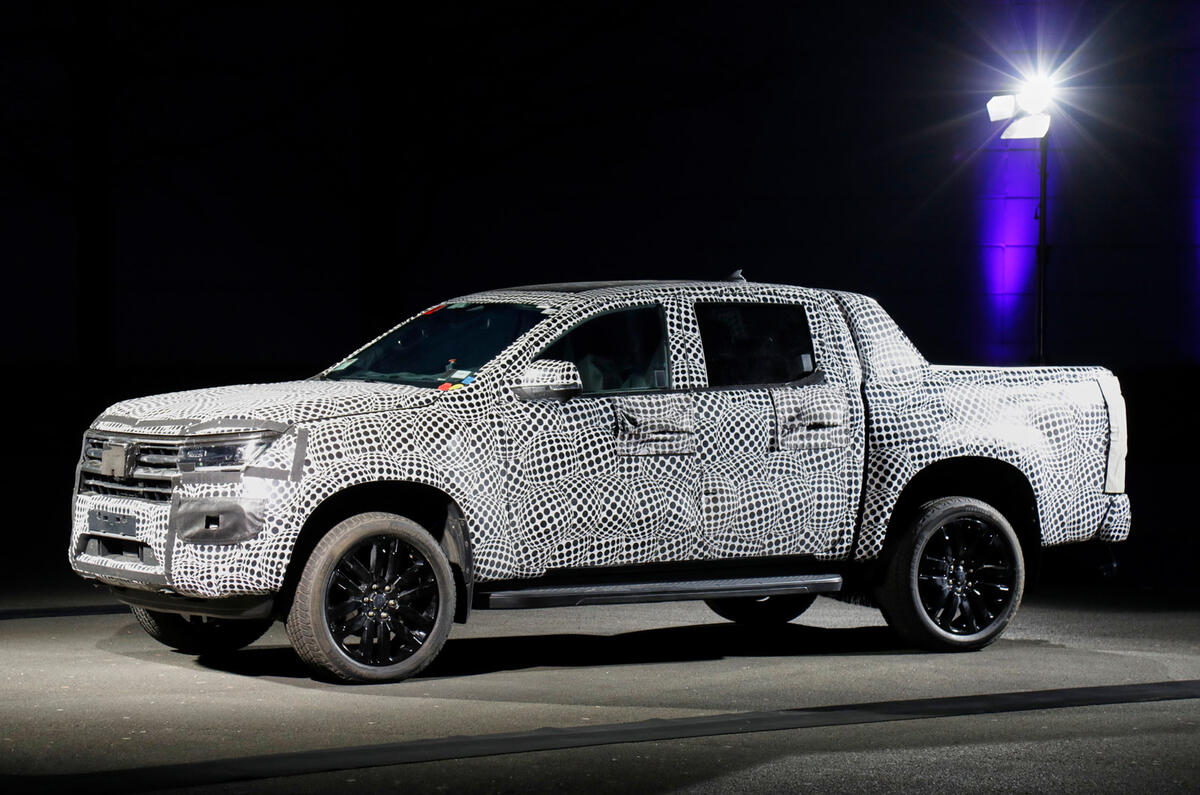
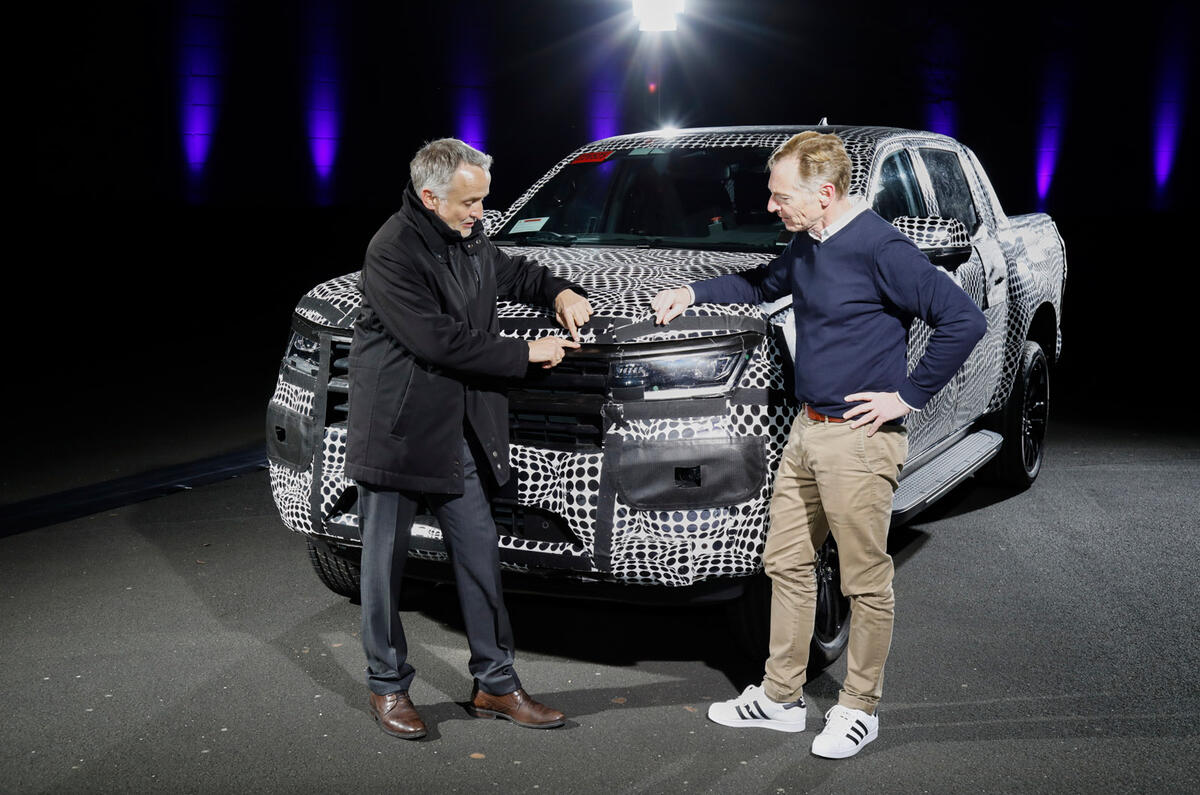
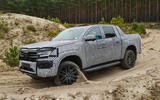
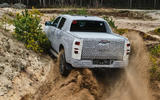
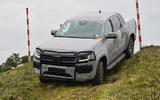
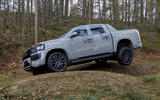
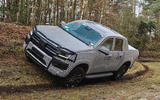
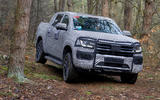
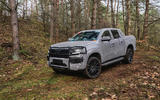
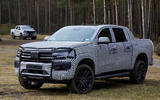
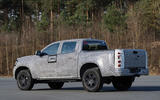
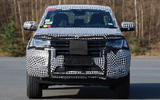
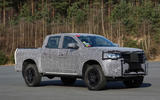
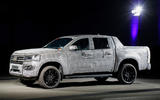
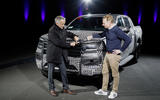

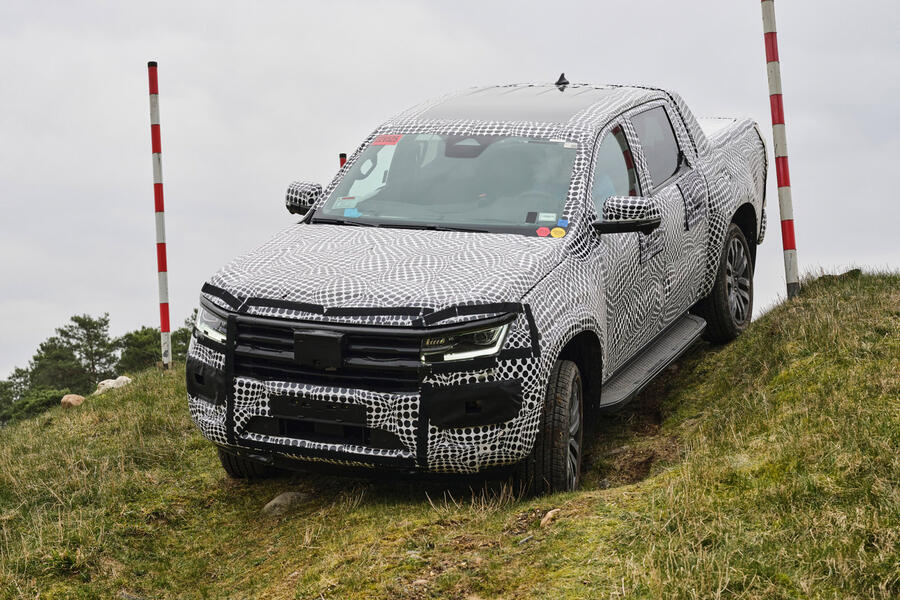

Join the debate
Add your comment
That's the problem can a rebadged Ford be sold as a VW? it didn't work for Mercedes Benz with the X- Class,is there still a market for a premium pickup truck it'll interesting to see.
So VWCV take cost out and essentially re-badge & mildly tweak a mainstream product from a "cheap" brand. They've been here before - in fact 30 years ago - with the Hilux-based Taro.
That didn't last long. Mercedes X-Class, anyone?
VWCV used to trade heavily on its heritage - now it appears to be chasing lower costs, which will undoubtedly diminish both the brand's appeal and ability to justify its "premium" pricing and image.
Just read article on BBC website about Ford starting production of their EV F150 this week. With various incentives, the starting price is equivelant to it's ICE counterpart.
What makes the Ford example interesting tho is that whilst traditional truck buyers aren't convinced, the order sheet shows lots of 1st time truck buyers. For a low selling truck like the VW, you'd think the sooner they can electrify this thing the better.